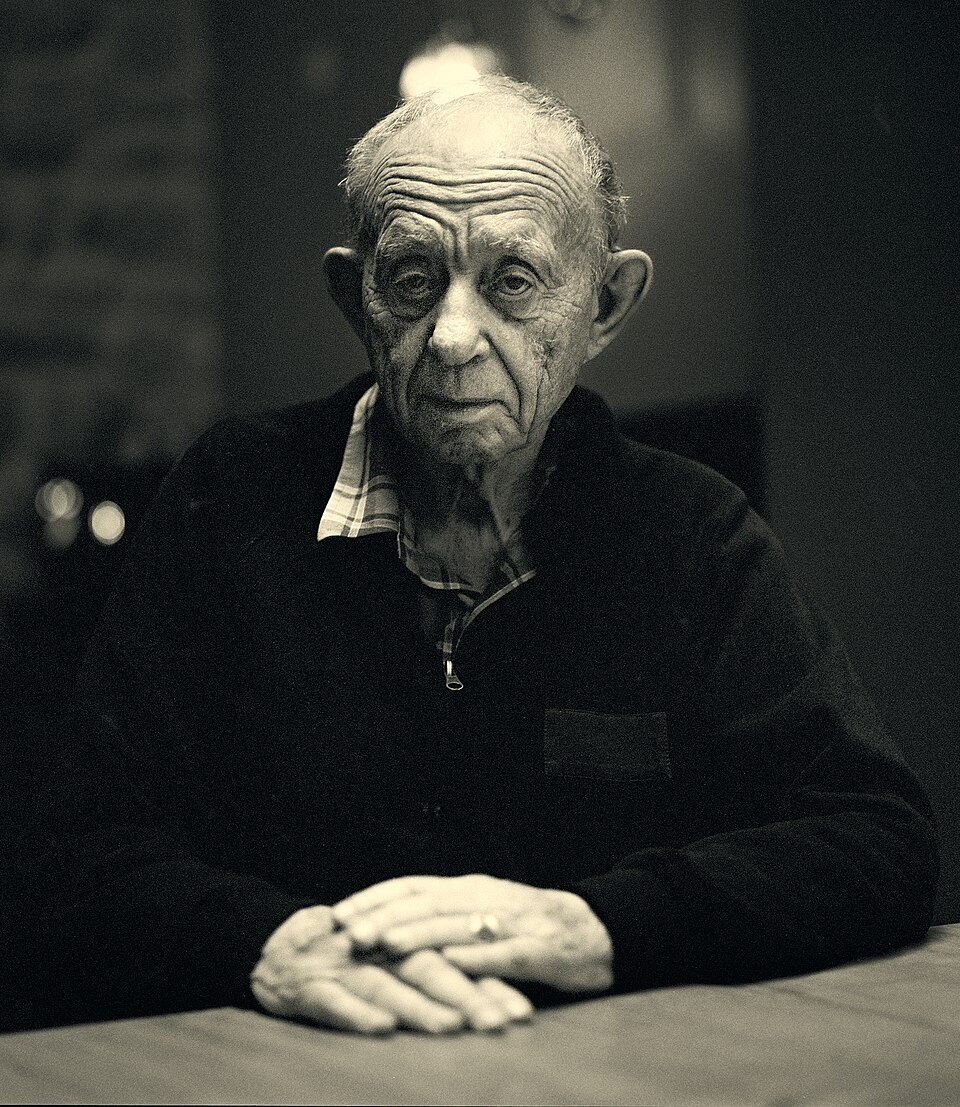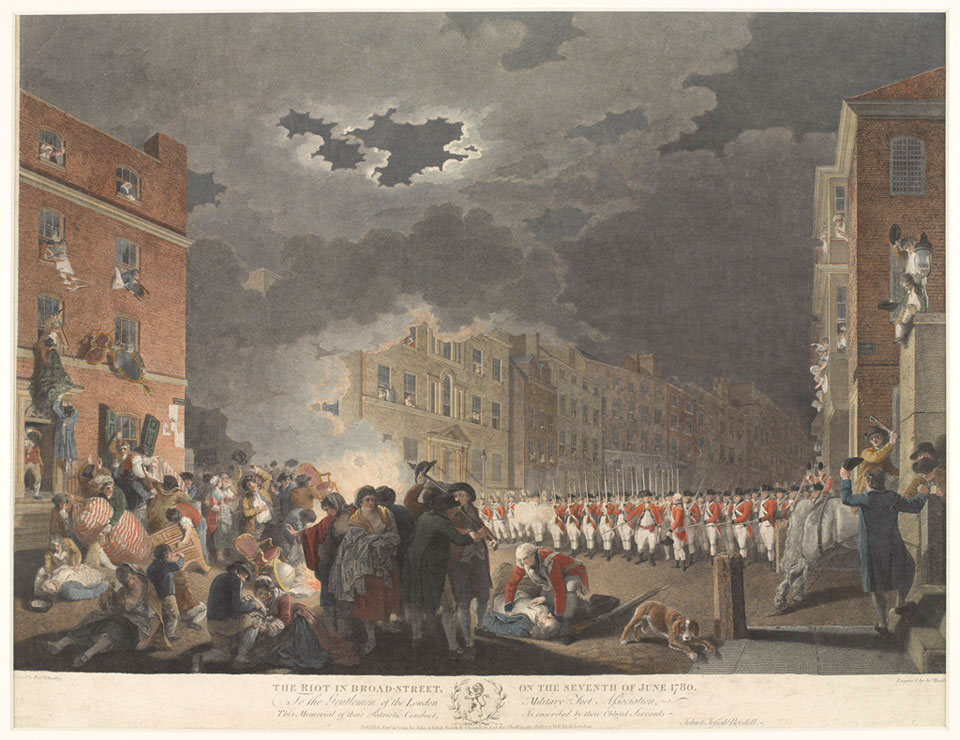Retirement Should Be Festive
August 29, 2024

Remember when we fantasized about where we would go to college or who we would marry? Now my sixtysomething cohort fantasizes about where they will retire. And Lord, but my friends are practical. A ranch house, they say, all one floor. Or a “villa”—if ever a word was inflated, it is this one; those drywalled units bear scant resemblance to the Tuscan sort. They want a retirement community that will allow them to slide right over to rehab or dementia care. I listen and sigh sadly. Will we ever bring ourselves to trade this shabby, glorious old high-ceilinged, steep-staircased farmhouse (okay, it is technically in town, but there is a barn out back!) for a suburban ranch or a tight, cheerful little condo?
Then the answer hits me. When the stairs grow too steep, leave. The country, I mean. Go look for soulmates in Paris, as Martha Gellhorn did (though neither of us wants to wind up with Hemingway). Loosen lifelong inhibitions in Tahiti, as Gauguin did, or tell stories in Africa, as Isak Dinesen did. I prefer Nordic climes, but the mood there feels bleak. Retirement should be festive. All these years of work and worry? I want to be someplace where you wake to a fresh breeze through unscreened windows, walk to the market, type a few chapters of your novel, take a siesta, then eat and drink, laugh and dance all evening.
Why does the U.S. not live that way?
Maybe in some places, people do. Somebody blares a stereo in a trailer park, and out folks come, unfolding chairs and opening coolers and slinging political opinions till well past midnight. But most of us retire shyly, either in isolation or in institutions. Celebration is reduced to the holiday of the month, signaled with construction paper taped to every resident’s door the way grade-school teachers decorate their bulletin boards. Often there is a special dessert.
Weirdly (yet predictably), the places that know how to relax and savor life, even near its end, are not places that speak English. I think of a fishing village in Portugal, or one of those sunny islands where they exile British diplomats who are really spies. Alas, the only other language in which I have a few vocabulary words is French, and I have a sneaking suspicion that I would have to be French by birth to find the sort of unsuspicious, instantaneous camaraderie I envision. The sort I hear about in Mexico, where expat friends rave about how cheap it is; what great apartments can be had, what cool, arty intellectuals they have met; how they buy cacti and terra cotta and bold art on the street and fashion an interior worthy of Architectural Digest.
I can close my eyes and see the sun soaking into white adobe, the tiny bright orange sunflowers vining around open windows. Screw the Wall. Why not increase the reverse migration, trade old U.S. citizens for young Mexicans who want more opportunity? The old can enjoy Mexico. Just think of it: archaeological sites, ritual processions, trips to Mexico City’s museums, cold beer or sangria in the long, soft evenings. Comforting food, lively music, passionate multigenerational conversations that are not had in the typical U.S. retirement community. A sense of joy, a willingness to celebrate, an honoring of the beloved dead that includes plenty of sugar and laughter. The omnipresence of art, literature, and mystery.
The presence of poverty, cartels, and despair.
It is easy for the privileged to fantasize. It is hard for the privileged to imagine transcending pain and grit or savoring communal life.
Eye of the needle.
So what am I saying? That U.S. citizens, as a group, have never quite figured out how to live—that much is obvious. But also that the wealthy (by comparison, wealth being the most relative measure of all) do not readily give themselves over to solidarity, or to joy. Pleasure, yes, but that is not at all the same thing. Joy walks arm in arm with suffering, and it blooms amid deprivation, preferring thin plain soil to the moist, rich stuff. Though this inclination seems like grace, it should never be romanticized. Poverty often knits a community together, but it can turn the members against one another even faster, triggering violence and exploitation. Retiring in a bland complex tucked into Midwestern suburbs would be far safer.
But who wants to die safe?
When I broach my half-assed plan for a citizen exchange to a friend who recently emigrated to Mexico, she sends back a warning: “There’s a growing animosity down here around the ease in which we can come here, and Mexicans can’t go north. It’s a land where so many struggle to make a livable wage, and then we come and exacerbate the problem. Rents are increasing, and Mexicans are being pushed out of their homes. So, yes to making the migration easier, but I think the trading part would be frowned upon by Mexicans….”
Understandably so. We who have lived well expend vast amounts of money and energy trying to figure out how to continue our happiness until death. We expend far less money and energy worrying about what we have taken from people born without our advantages.
I imagine retiring as a way to finally let go, shake off worries and inhibitions. But everyday joy is not like a vacation’s euphoria, a temporary, paid-for indulgence. Everyday joy has to be earned, lived into over time. In other words, I cannot parachute into redemption. I need to start figuring out now, in this place, how to laugh with strangers, embrace people I barely know, let go of all the measuring and worry and fuss, and nap and dance and celebrate for no reason at all.
Read more by Jeannette Cooperman here.







